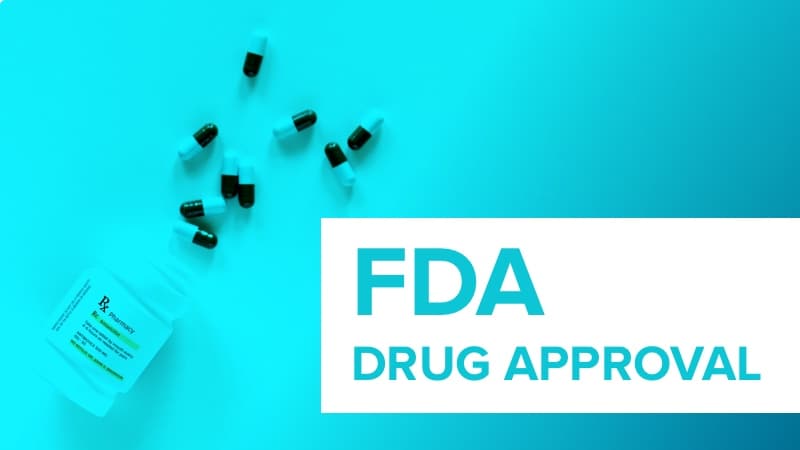The US Food and Drug Administration (FDA) has approved combination nivolumab (Opdivo, Bristol-Myers Squibb) and ipilimumab (Yervoy, Bristol-Myers Squibb) to be used as first-line treatment of adult patients with unresectable malignant pleural mesothelioma.
This is the first drug regimen to receive regulatory approval for mesothelioma in 16 years and only the second systemic therapy to be approved for this indication.
“Today’s approval of nivolumab plus ipilimumab provides a new treatment that has demonstrated an improvement in overall survival for patients with malignant pleural mesothelioma,” Richard Pazdur, MD, director of the FDA’s Oncology Center of Excellence and acting director of the Office of Oncologic Diseases in the FDA’s Center for Drug Evaluation and Research, said in a statement.
“In 2004, FDA approved pemetrexed in combination with cisplatin for this indication, and now patients have an important, additional treatment option after more than a decade with only one FDA-approved drug regimen,” Pazdur added.
Improved Overall Survival
The approval is based on efficacy results from the CheckMate 743 trial, which compared immunotherapy with a chemotherapy regimen in a cohort of more than 600 treatment-naïve patients (no systemic therapies) with unresectable mesothelioma. Patients were randomized 1:1 to nivolumab and ipilimumab for up to 2 years (n = 303) or 6 cycles of combination chemotherapy with cisplatin or carboplatin plus pemetrexed (n = 302).
The study results were initially presented during the presidential symposium of the World Congress on Lung Cancer 2020, as reported by Medscape Medical News.
The combined immunotherapy regimen was associated with a 26% improvement in overall survival. At 2 years, 41% of patients in the immunotherapy arm were still alive vs 27% in the chemotherapy group.
Overall, the trial demonstrated a statistically significant improvement in overall survival for patients who received nivolumab plus ipilimumab vs those treated with chemotherapy. Median overall survival was 18.1 months versus 14.1 months (Hazard ratio [HR], 0.74; P = .002).
Median progression-free survival per blinded independent central review was 6.8 months in the nivolumab plus ipilimumab arm and 7.2 months in the chemotherapy arm (HR, 1.0). The confirmed overall response rate was 40% vs 43% in the immunotherapy and chemotherapy arms, respectively.
Median response duration was 11.0 months in the nivolumab plus ipilimumab arm and 6.7 months in the chemotherapy arm. At 24 months, 32% of the immunotherapy patients were still experiencing a response compared with 8% of those in the chemotherapy arm.
The recommended doses for unresectable malignant pleural mesothelioma are nivolumab 360 mg every 3 weeks and ipilimumab 1 mg/kg every 6 weeks until disease progression or unacceptable toxicity, or up to 2 years in patients without disease progression.
The most common adverse reactions (incidence ≥ 20%) in patients receiving combination immunotherapy were fatigue, musculoskeletal pain, rash, diarrhea, dyspnea, nausea, decreased appetite, cough, and pruritus.
New Standard of Care?
The trial “met its primary endpoint of statistically improving overall survival for the experimental arm vs chemotherapy in a prespecified interim analysis,” reported study author Paul Baas, MD, PhD, Netherlands Cancer Institute, Amsterdam, The Netherlands, at the time of its presentation.
He also suggested that it should therefore “be considered as a new standard of care.”
For more from Medscape Oncology, join us on Twitter and Facebook .
